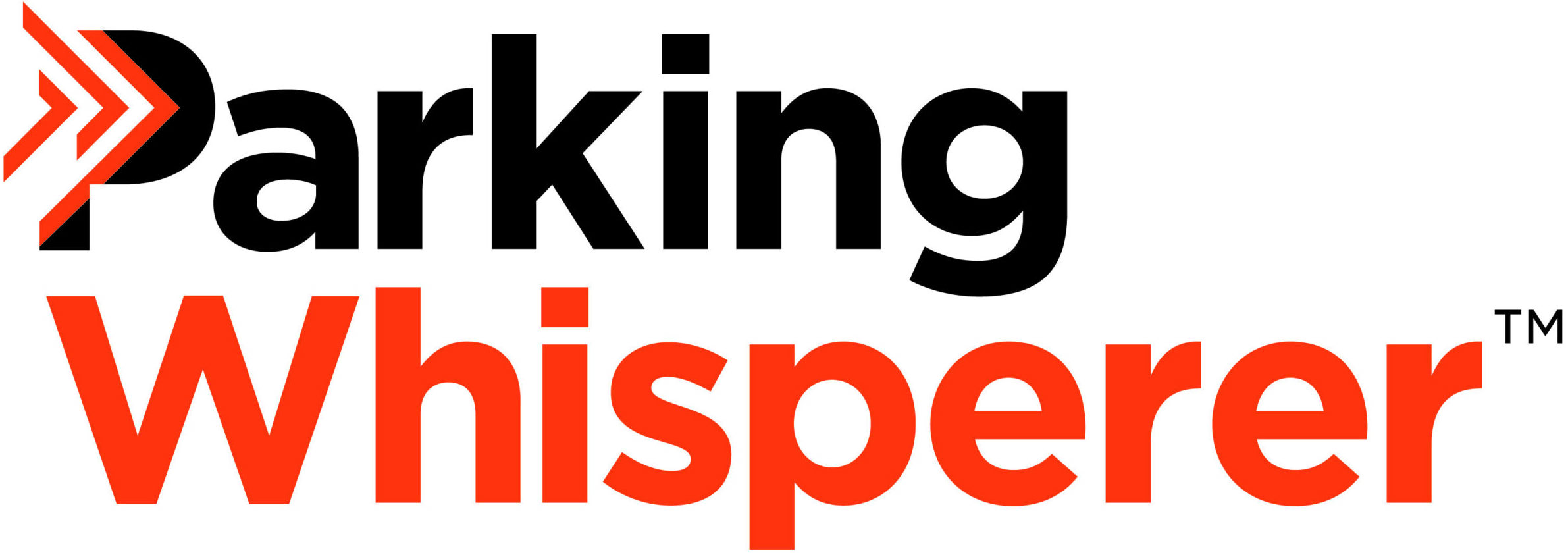
by John Oglesby
You receive an RFP (Request for Proposal) and are invited to bid. It is by invitation only. It has the typical RFP framework: mandatory pre-bid, goals, expectations, location information, a series of dates, dos, and do nots. It reads, “This document is the RFP. Please send one to three representatives to this address, at this time, for these two garages, multiple surface lots, and on-street parking. Know there is a new unique sports venue, and this will be a unique opportunity, so bring your creativity.”
You are intrigued. You want your business to represent a good product and like a challenge, so you respond and attend. You arrive at a pretty exciting location in sunny Florida The first garage has equipment (unused), pretty new, a new world-class track venue about to open, big box retailers on some of the lots, on-street for you to manage and enforce, residential, office, retail, and more stuff planned.
You attend the mandatory prebid. The first words from the consultant’s mouth are there is NO further RFP document. This is an RFP without a traditional RFP. Ask ANY questions you have in this meeting or on the tour.
You walk the site. You see the fully operational (but never turned-on equipment). A bidder represents this equipment as part of the bidding process; it’s a bit surreal. You are introduced to the client, as well as the operator.
The consultant reiterates that there is no document. Your firm is pre-qualified. There is no need to send a boilerplate with dozens of pages about your qualifications; you are already on the first shortlist.
The way to win this RFP is by making your case for THIS location. Yes, we want references, and who will support this installation and ongoing account? Who will be the PM? That is all in your document. Beyond that, this is yours to win. Your TOTAL focus is to prove your qualifications to me and your clients (the owner, manager, operator, sports venue, retailers, office, and resident committee). They know almost nothing about parking, but expect this new venue and additional retailers coming in to FILL these locations and have validations.
Oh, yes, there is a nice hotel, and a planned medical clinic, so just about every type of user you can imagine. Finally, this owner is motivated and well-funded and plans on recreating this project in ten-plus cities in the next five years.
As is often the case (even with this very open-ended RFP), the pre-bid meeting before the tour lasted 17 minutes. Only a few unique questions. Despite the operator and owner’s rep in the room and their caution that this is your ONLY opportunity to ask questions of them and that this is an opportunity to focus on the location, this unique opportunity, no need to waste time on a bunch of rules (other than a generous page count), and the assurance that low bid is NOT the criteria, please show us the best value, the best fit, the best solution, and so on, there were almost no questions.
Have we become so accustomed to RFPs that require a cookie-cutter approach that almost every bidder complains that we cannot think outside of the stupid” “box” we keep hearing about that we are all thinking outside of? Has this consultant lost his mind? Sure, he was a pretty successful operator and has given us access to the entire site, the owner, and the operator, and no time limit for the day. Okay, this is a pretty interesting site, and the fact they plan to build ten more is an additional incentive, but do they want something custom, something that will at least show inclusion, opportunity, and engagement with all of the stakeholders, with the best chance to succeed for everyone?
Do I need the structure of the RFP and the comfort of the boilerplate generating a typical response? Indeed, the consultant will not work that hard on this crazy process without a complete RFP. Certainly, he won’t work that hard to deliver to his client the custom solution for their one location. He won’t find the best solution, regardless of price. It’s a trick!
There were a fair number of questions on tour (which the client and operator also attended), mostly about power sources and placement, etc. The time takes about an hour, and everyone shakes hands and is off. Four business days later, when the questions were due, there were few—less than ten from eight bidders. The most exciting question from someone that personally attended the pre-bid meeting, and had read the document was: “When will you send out the RFP?”
In the next installment, find out what happened, and what were the keys to getting the job? It may add value for your team if you like winning.
This article was originally published in the June, 2023 issue of Parking Today.
https://www.parkingtoday.com/articledetails.php?id=3763&t=when-is-an-rfp-not-an-rfp

Comments are closed